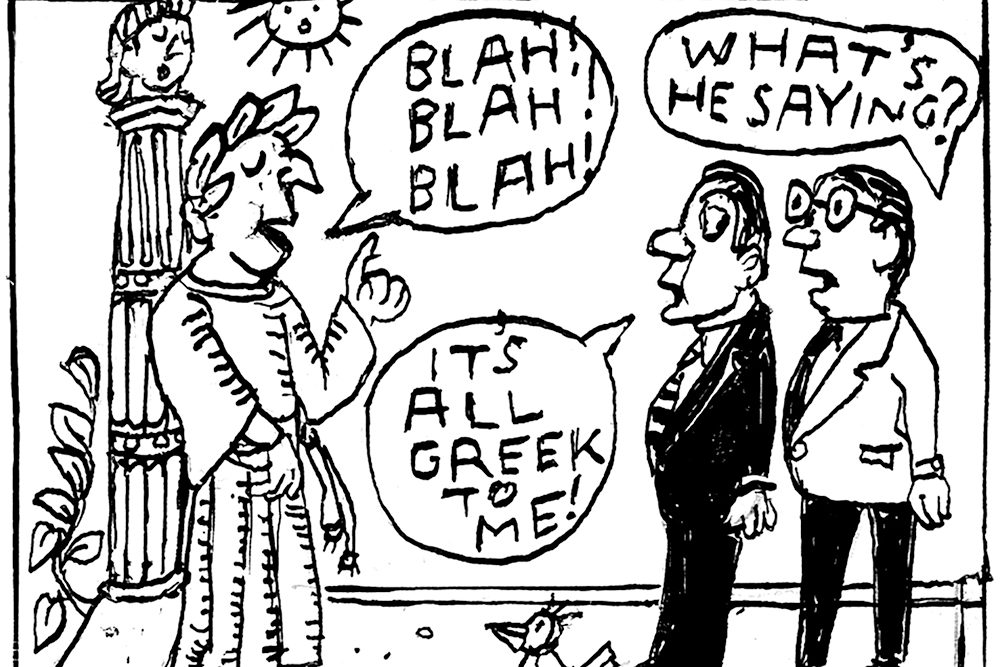Virginia Woolf submitted an article to Tit-Bits at the age of eight. It was rejected. The experience might have hurt her. With her sister Vanessa and brother Thoby she had built an imaginary world in their family newspaper, the Hyde Park Gate News, modeled upon Tit-Bits. Writing as an adult about George Eliot she said: “She is as easy to read as Tit-Bits.” In Flush, her imaginative biography of Elizabeth Barrett Browning’s dog, she used the common noun: “They tempted him with caresses; they offered him titbits; but it was useless.”
There was nothing rude about Tit-Bits (beginning in 1881 as Tit-Bits from all the interesting Books and Newspapers of the World — and becoming the unhyphenated Titbits only in 1973 and closing in 1984), or about the common word titbits.
Kingsley Amis, in a letter to The Spectator in 1995, attributed to “fastidiousness” the rise of tidbit in preference to titbit (which would make it like cockerel or rooster displacing cock in British English). In the Lindisfarne Gospels the word ubera in Luke 11: 27 was glossed in the tenth century as tha titto. But the use in Britain of tit in the sense of a “woman’s breast” saw a gap between the fourteenth and the twentieth century. It was recoined only in the late nineteenth century in America. So early British readers of Tit-Bits would not have been reminded of breasts when reading the title.
Kit McMahon, the Bank of England man, replied to Amis’s letter, saying that tidbit was the older form of the word, being cited from 1640 by the Oxford English Dictionary, compared with a date of 1694 for titbit. But I’m afraid Sir Kit was using an out-of-date edition of the OED, which currently gives quotations for both forms from 1641. No one really knows the origin of titbit/tidbit, but it has nothing to do with tits or the titmouse (originally a mose, and acquiring the plural titmice only after it had been transformed by folk etymology to titmouse). Titbit is now more often tidbit in America. I see that the new editor of the UK Spectator wrote of “a tidbit of political gossip” in his first magazine. That’s no crime.
This article was originally published in The Spectator’s December 2024 World edition.























Leave a Reply